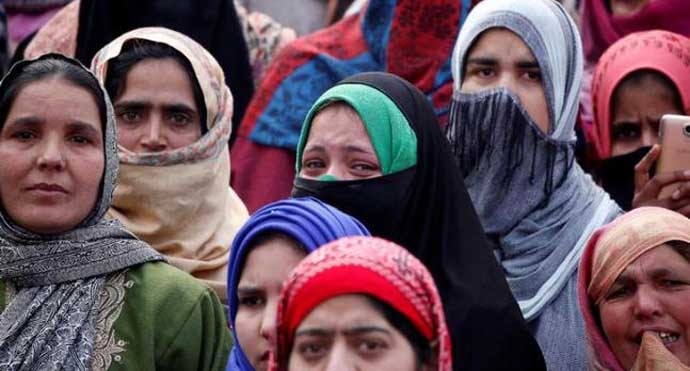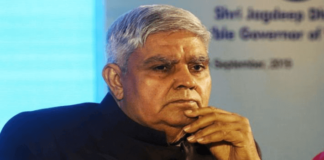This year, the women of Jammu Kashmir will be celebrating ‘Women’s day’ with the world in true sense as finally they are being able to enjoy equal rights and benefits as rest of the women in the world.
By www.jammukashmirnow.com
Invalidation of Article 35A shall now give the women of Jammu and Kashmir equality in the eyes of law. Denied of their basic rights for years the women were merely a second-class citizen in the name of law. Seeking justice for the same, the women of Jammu Kashmir over the years demanded removal of such unfair provision that violated their rights and also victimised them. The legally sanctioned unconstitutional provision Article 35A treated them unequal while discriminating with them until the Government abrogated it on 5th Aug 2019 along with Article 370.
No Article 35A, No violation of the rights of women
India is one of the largest democratic and secular countries. The constitution of India is specially designed to mainstream the hitherto excluded and deprived sections of the society. Women have proven their mettle in every field yet special provisions are provided for them to ensure that no barriers shall come in the way of their development. Women education and empowerment are some of the cherished goals of our constitution.
However, on one hand where the entire country celebrated International Women’s day every year with full enthusiasm, there has been a section of women who were left far behind in the race of equality and empowerment. While on one hand India has been commendably progressing on eliminating the discriminations against women by creating awareness, passing effective laws and re-framing provisions, Jammu Kashmir adopted a biased approach towards women for years. Using the provision of Constitution of India itself, Jammu Kashmir treated women unequal to men. The discrimination took place with the usage of an unconstitutional provision, Article 35(A).
Article 35A at a glance! How it violated women rights victimizing them?
According to Article 35A, any PRC (Permanent Resident’s Certificate) holder woman would lose her PRC if she married a non-PRC holder and the discriminatory provision was applicable on all the women irrespective of their religion. To ensure its implementation, the women of Jammu and Kashmir were issued PRC, thereby written that the certificate is ‘Valid till Marriage’. It meant that if any woman who had spent her childhood in Jammu and Kashmir, her parents and ancestors been living in the state, married a non-PRC holder then she would lose her PRC getting deprived of government service, education, voting rights and even the properties on her name. Ironically, she would even be expelled from the ancestral property that she got from her parents, and worse happened in case of a single girl child, as she had to relinquish all her rights, if married a non-PRC holder. In short, a woman could not make a choice of her life partner and the state government bound her to make a choice only among the PRC holders of the state.
However, the men of the state had no such restrictions. They could marry the girl of their choice irrespective of the girl’s PRC status or her origin, be from another state or country. In all such marriages, PRC would be subsequently extended to the girl and she would get all the benefits. For instance, the wife of the former Chief Minister of Jammu and Kashmir Dr. Farooq Abdullah was a native of Britain but after marriage, she became a PRC holder and enjoyed all the rights and benefits that a PRC holder got in the then state of Jammu and Kashmir. She could even contest assembly elections of Jammu and Kashmir. Likewise, Omar Abdullah also got married a non-resident of Jammu and Kashmir, yet she got PRC after marriage. It could be seen as a mockery of Article 14 and 15. That was how Article 35A openly discriminated the women of Jammu and Kashmir.
Although the state government of J&K removed ‘valid till marriage’ clause from their PRC for women after 2002 yet the children of such women, who married to a non-PRC, were not given the PRC. As a result they couldn’t sell or buy property in J&K, inherit movable or immovable property, run business, get Government jobs or into Government school or educational institutions, avail loan from the Bank or scholarships, cast votes or contest elections or avail any such benefit of the schemes of central and state Governments in Jammu and Kashmir.








